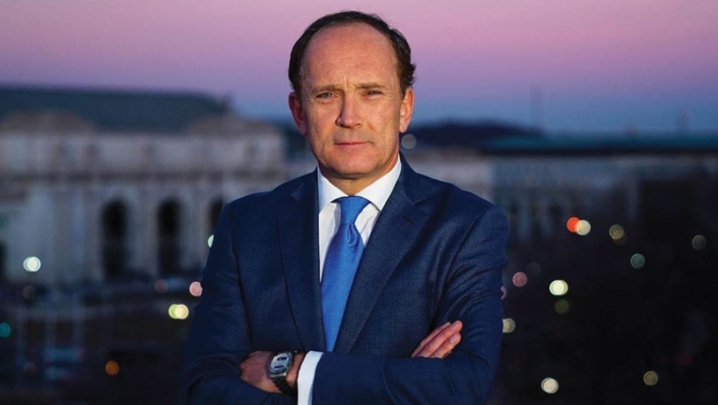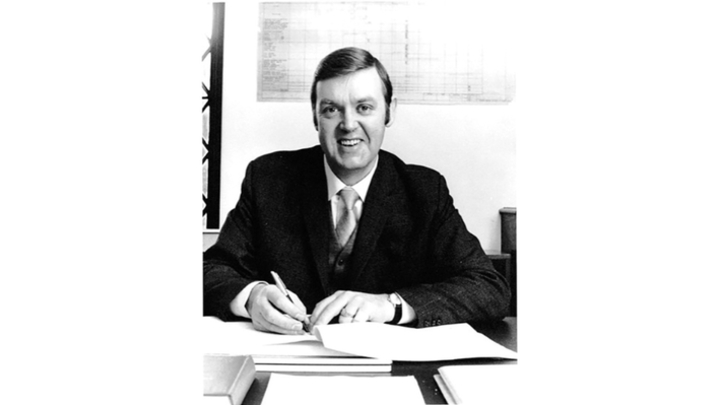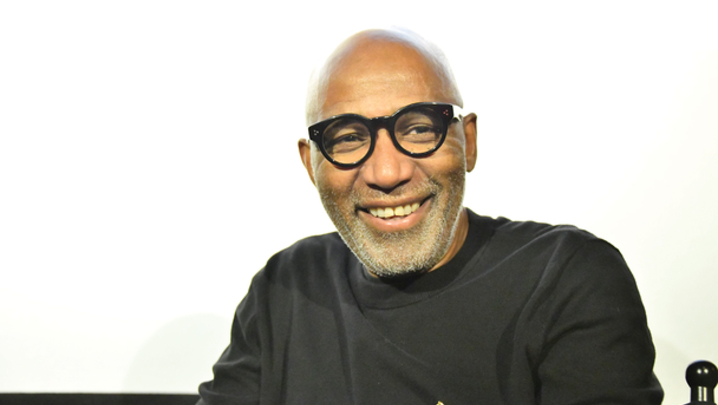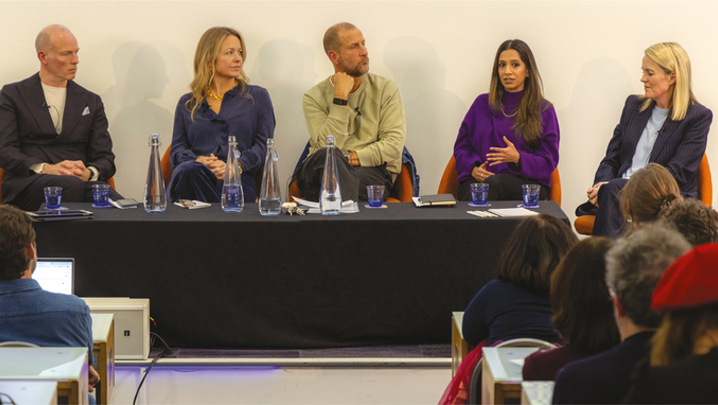The Thames Valley is attracting huge investment in TV and film studios and facilities, but it needs to find and train the talent to crew them.
This was the conclusion of an RTS panel in November, which agreed that this could not be left to happy accident, as happened in California in the early days of the film industry.
The UK film and TV industry is predicted to attract investment of more than £7bn in 2023, but it is also forecast to be 21,000 crew short. “We’ve got the talent, we’ve got the ability to train up the next generation. It’s just making sure that we don’t lose our lead advantage to other territories, which will eat our lunch if we’re not careful,” said Robert Laycock, CEO of Marlow Film Studios.
The question of how to provide training divided the panel. Roger Morris, Group MD at Stage Fifty, which builds professional sound stages, said: “It is impossible for professionals who are working to have students on set for a number of reasons – they’re working on a very expensive product, insurance, legal issues.” Laycock disagreed, suggesting that “a kind of traineeship on set is a really important thing”.
There was general consensus that university technical colleges, the National Film and Television School, the BFI, ScreenSkills and others, together with apprenticeships, could help to fill the skills gap, together with the industry big players “putting their hands in their pockets”, added a member of the audience.
Abhi Arumbakkam, project manager at Slough-based Resource Productions, which aims to diversify the creative sector, said: “There is an issue with diversity, equity and inclusion in the industry, but it is being addressed at the studio planning application stage with the section 106 provision, which includes provisions that show commitment to the community.”
Government needs to recognise that film and TV is one of the few growth industries, argued the panel. “We have to convince politicians we’re not a flaky industry, that we’re a proper commercial industry that makes an awful lot of money,” said Morris.
The Thames Valley event, “Hollywood on Thames”, was held at audio post-production facility Pip Studios in Wokingham and chaired by Christina Nowak, director of virtual production at broadcast tech company Anna Valley. The other panellists were Mark Sheffield, co-founder of Pip Studios, and Berkshire Film Office manager Lilly Hudson.
The event can be watched here:







